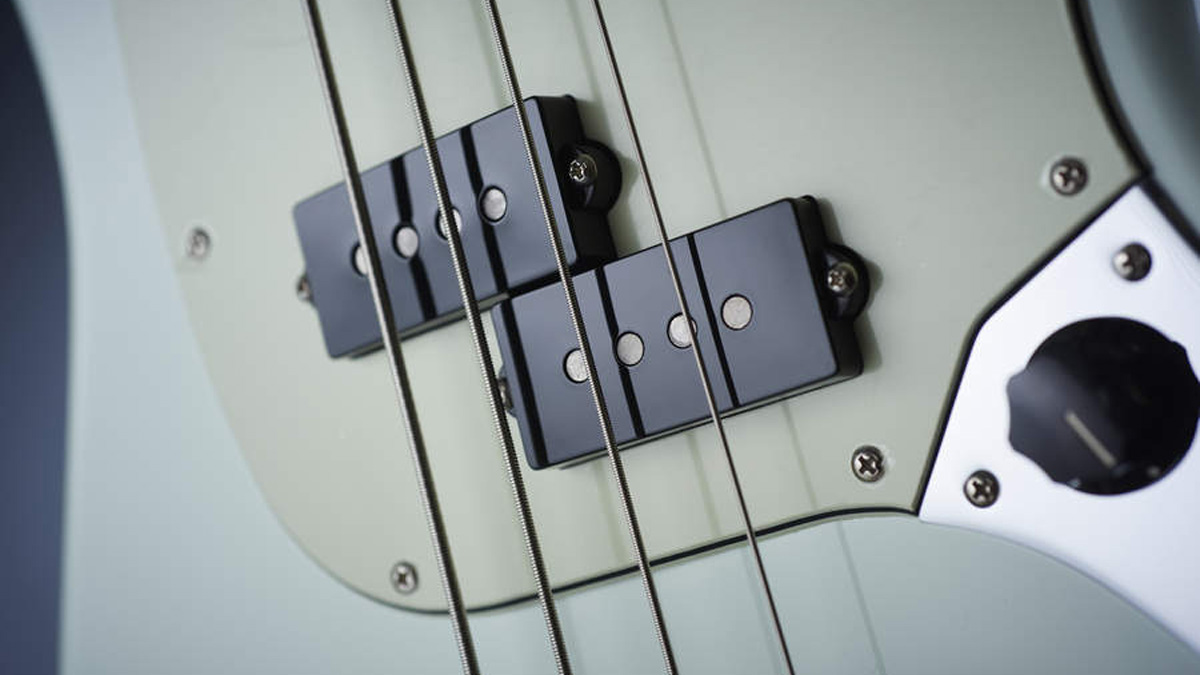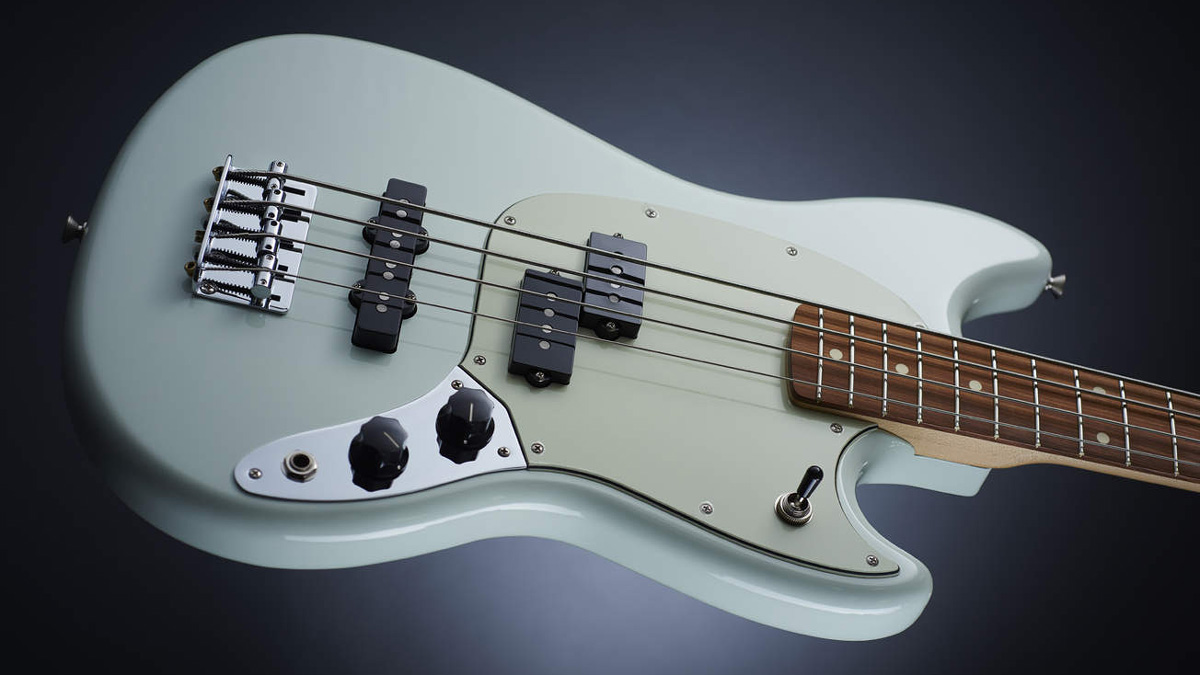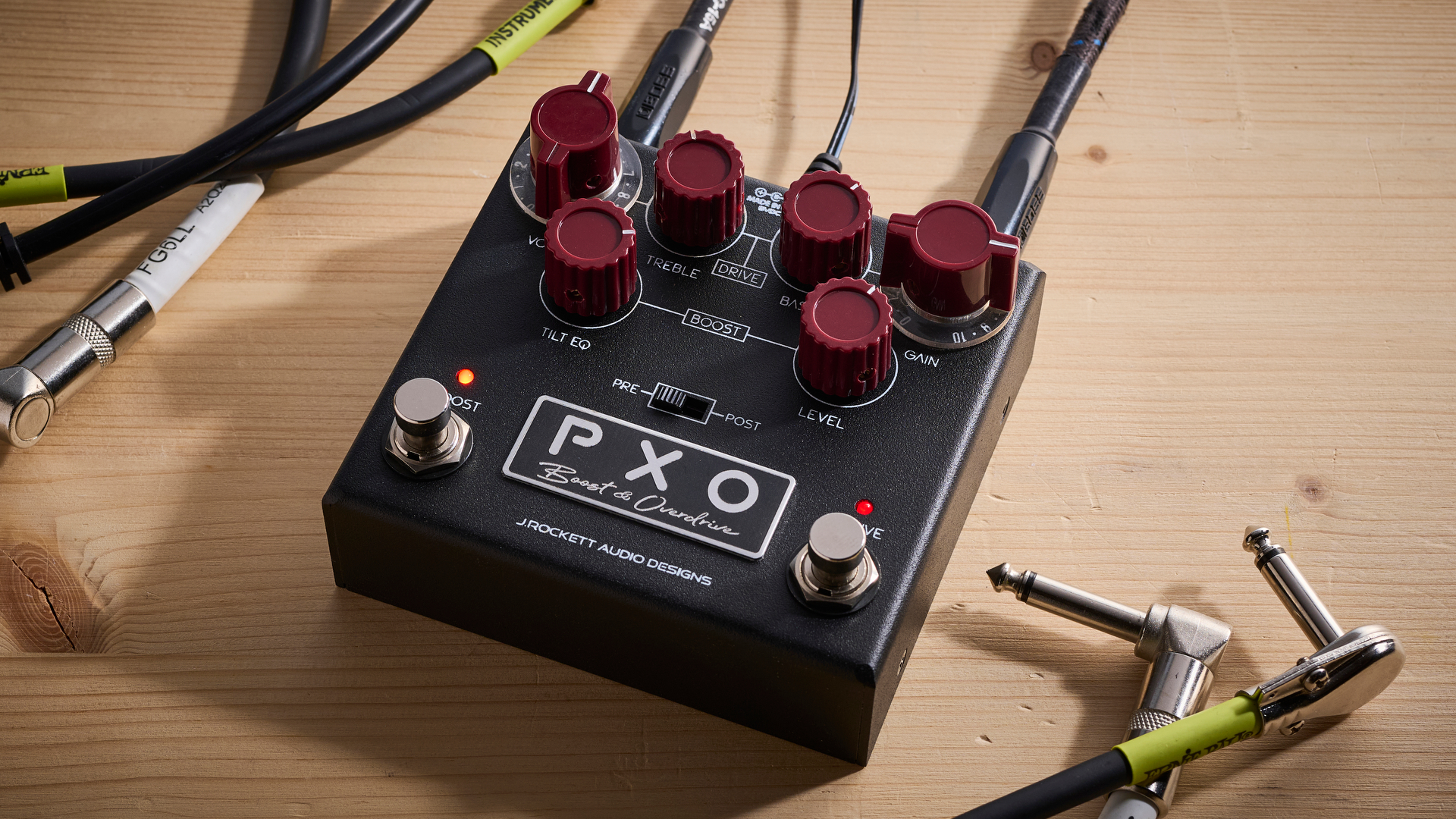MusicRadar Verdict
A fine return and a solidly constructed bass.
Pros
- +
Price-conscious.
- +
Very playable.
Cons
- -
The tone is softer than a long scale bass, but you may prefer it.
MusicRadar's got your back
The Fender Mustang is an intriguing instrument in terms of its design, visuals and playability.
Sitting somewhere between a Precision and a Jazz, it blazes its own trail courtesy of its 30” scale length, an appealing feature for bassists who find a long-scale bass guitar difficult to navigate. Many a small-handed player has found the Mustang’s dimensions perfect for their requirements, and with short-scale basses proving extremely popular again, it isn’t surprising that Fender have decided to breathe new life into this vintage design. At a price that should work in its favour, is the Mustang still the king of the rodeo?
Build Quality
The Mustang is compact and comfortable to hold and play, sitting horizontally across the player’s body. Its balance is a little biased towards the headstock, but this is remedied once it’s placed on a strap. The reduced scale length gives the bass a cosy feel, while the rounded body and slim horns make it feel substantial despite its shorter neck.
The cutaways aren’t extensive, but the upper frets of the pau ferro fingerboard are within reach. The three-ply mint scratchplate works well with the sonic blue gloss finish, and the chrome control plate sets off the vintage vibe nicely. The bass is well set up, with no sharp edges of note along the 19-fret maple neck, where the satin finish and rounded C-shaped profile contribute much to the playability.
With 19mm string spacing at the bridge, nothing about this bass is an effort, and playing your favourite licks is a joy. The neck is firmly bolted to the body and the neck pocket appears to be very tight, which is good to see on a mid-price instrument. The hardware is of the usual Fender quality: the machine heads are firmly attached and operate smoothly; the standard bridge performs as it should; and the volume, tone and pickup selectors all function solidly.
White position markers have been used on the front and side neck facings. It makes a nice change to see pau ferro used as a fingerboard timber instead of rosewood; it’s perhaps a more sensible option now that CITES regulations are in force.
Sounds And Playability
As this bass is equipped with single and split-coil pickups, we know what to expect of it. This is a winning combination that works well on many basses. The shorter scale means that the speaking length of each string is much reduced, but the Mustang still offers a full punchy tone and a fair degree of sustain. The neck pickup is full-bodied, offering a warm, rounded response, while the bridge pickup is capable of producing some mid-range honk.
The strings feel a lot more supple than usual and, if we’re honest, it makes a nice change to play a bass with a softer response and a less demanding string tension. Using a pick gives some additional articulation should you need it, while opening up the tone control gives some light and shade to the tones on offer.

With the pickup selector in the mid position and both pickups in operation, the bass offers a good all-round tone; we were pleased by how much the tone control was able to change the colouring. As a result, where you place your picking hand in relation to the pickups gives you plenty of variation. Also, the use of pau ferro as a fingerboard timber gave the signal a noticeable spring compared to similar instruments with a rosewood board.
Another welcome detail is that both the volume and tone controls operate across the whole turn of the pot, so there is a gradual change in volume and tone - and being passive, the Mustang doesn’t suffer in providing a full bass tone. All of this adds up to a bass that is extremely comfortable to play, ticks all the boxes if you’re looking for an understated, classic vibe and has enough tonal variety for most players.
It’s easy to forget the Mustang among the hundreds of Jazz and Precision clones out there, but it’s an interesting bass in its own right. The short scale won’t appeal to all players but then again, there is a whole section of the bass playing community for whom it is ideal. The tones on offer are solid and the neck playability is great, especially if a standard neck requires too much effort, so it’s perfect for anyone requiring a bass that doesn’t require too much physical grief. At £546, it won’t break the bank either. Definitely worth a look.
“I used everything I knew about music”: How Green Day exceeded expectations with their most ambitious song
YouTube just added AI tools that makes musicians, library music and video editors redundant
“Every one of them said yes without hesitation": Hank Marvin and Roger Taylor have just remade a '60s classic for charity










